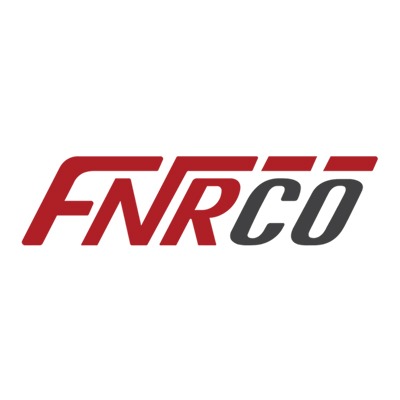








FNRCO passed the Workplace Conditions Assessment with a score of 92% through an audit process conducted by INTERTEK, including the Management Team, Human Resources and Health and Safety, assessed our company’s practices, which resulted in meeting the performance criteria required in order to obtain the “Achievement Award”. The Workplace Conditions Assessment (WCA) program provides a powerful, cost-effective solution for companies and facilities seeking to improve workplace conditions efficiently and in accordance with widely accepted industry standards and best practices.


Hello There
Please save our number in your contact list and send this message to start receiving the latest news (Through this message, you confirm and agree to the use of your data to receive newsletters from FNRCO website: fnrco.com.sa)